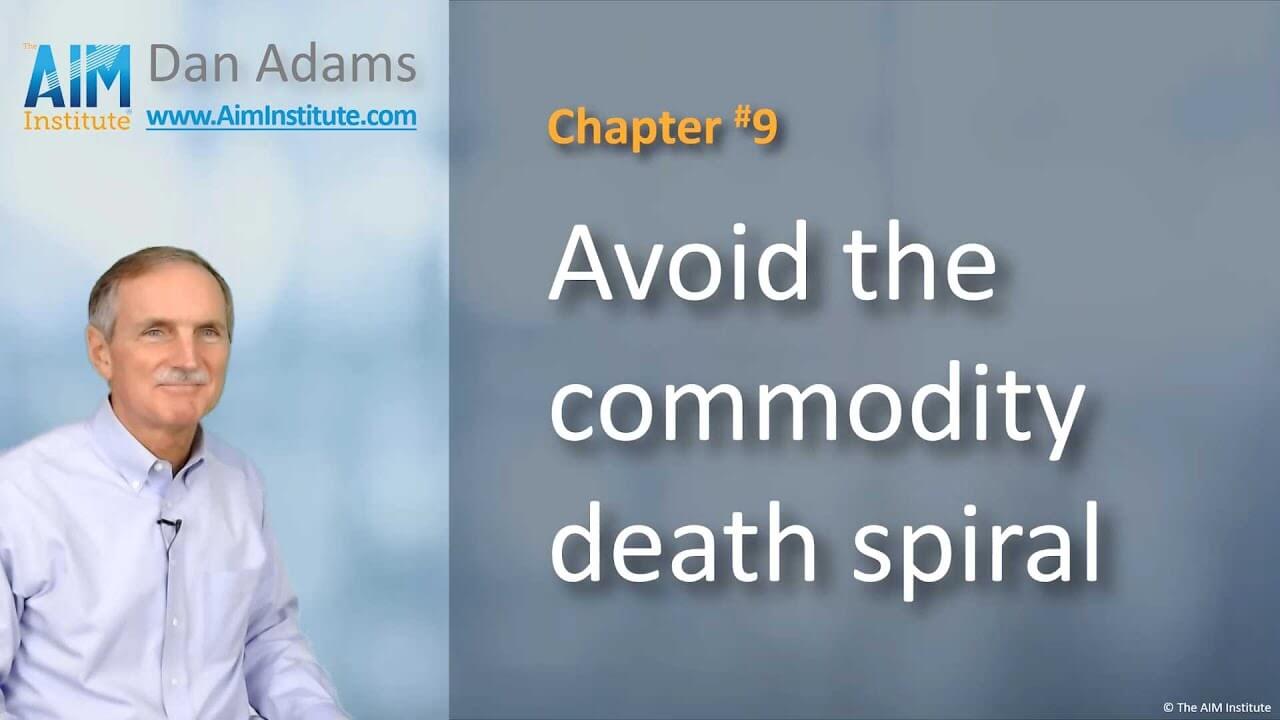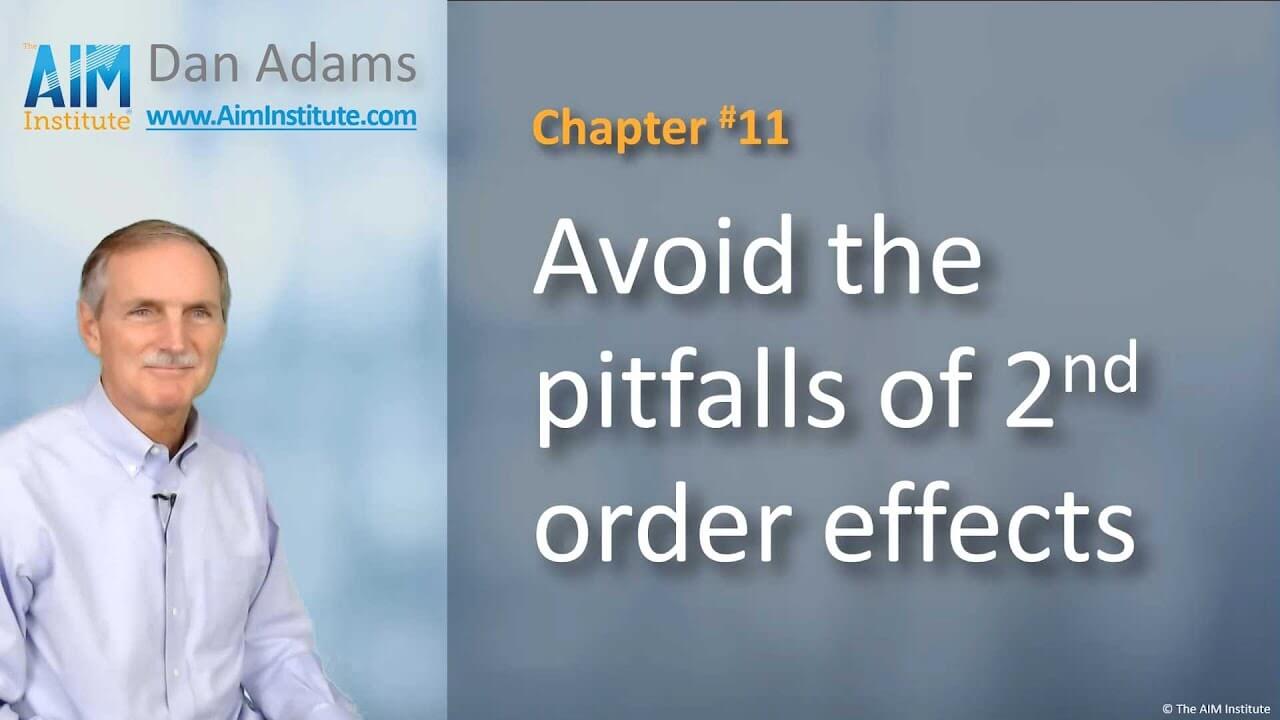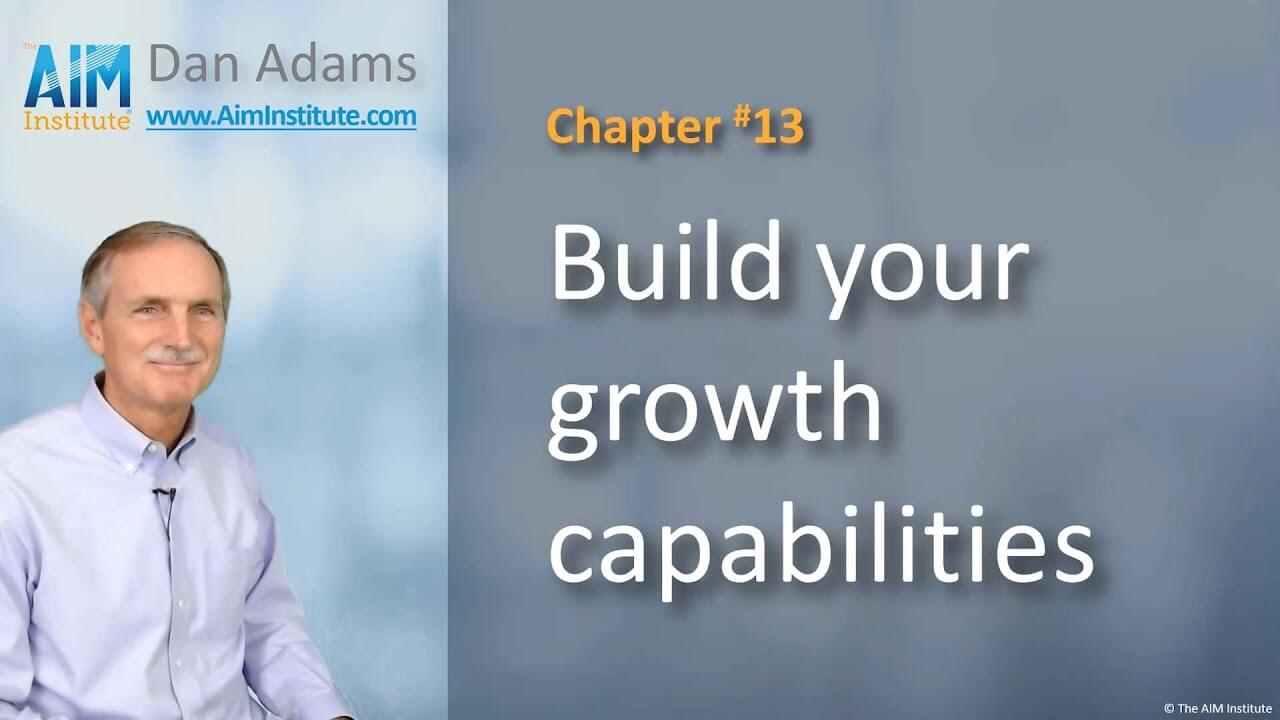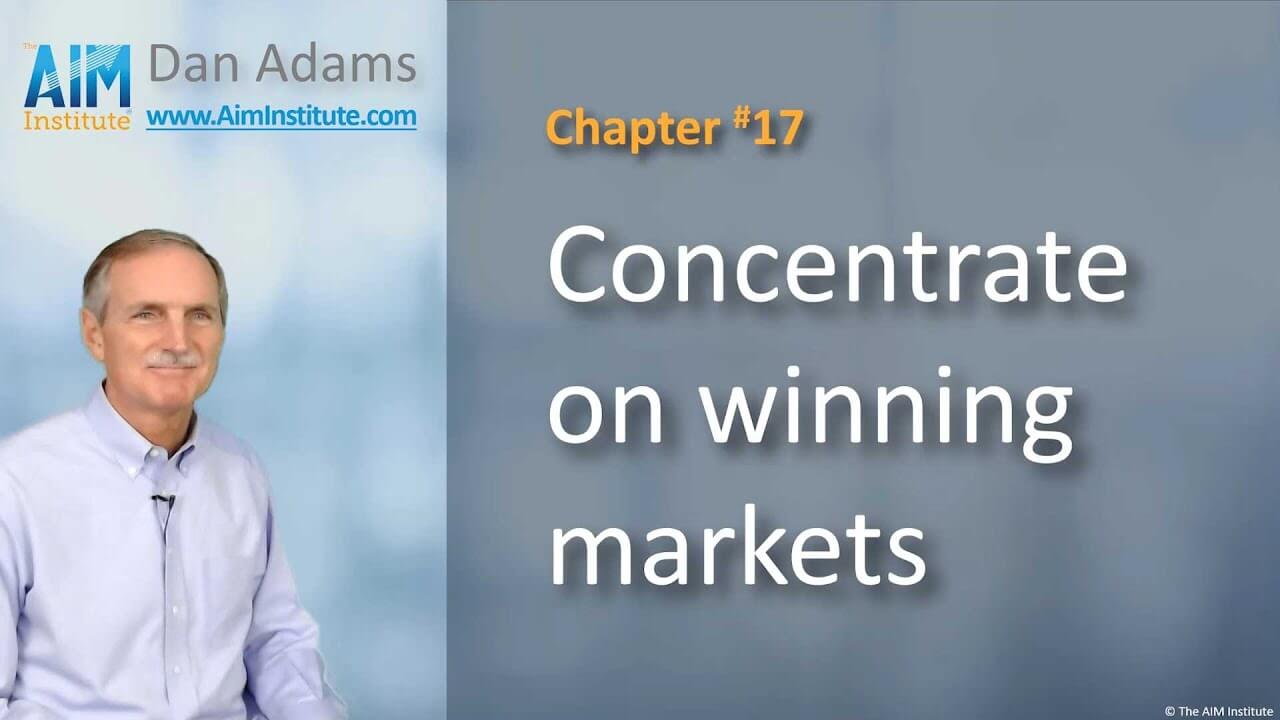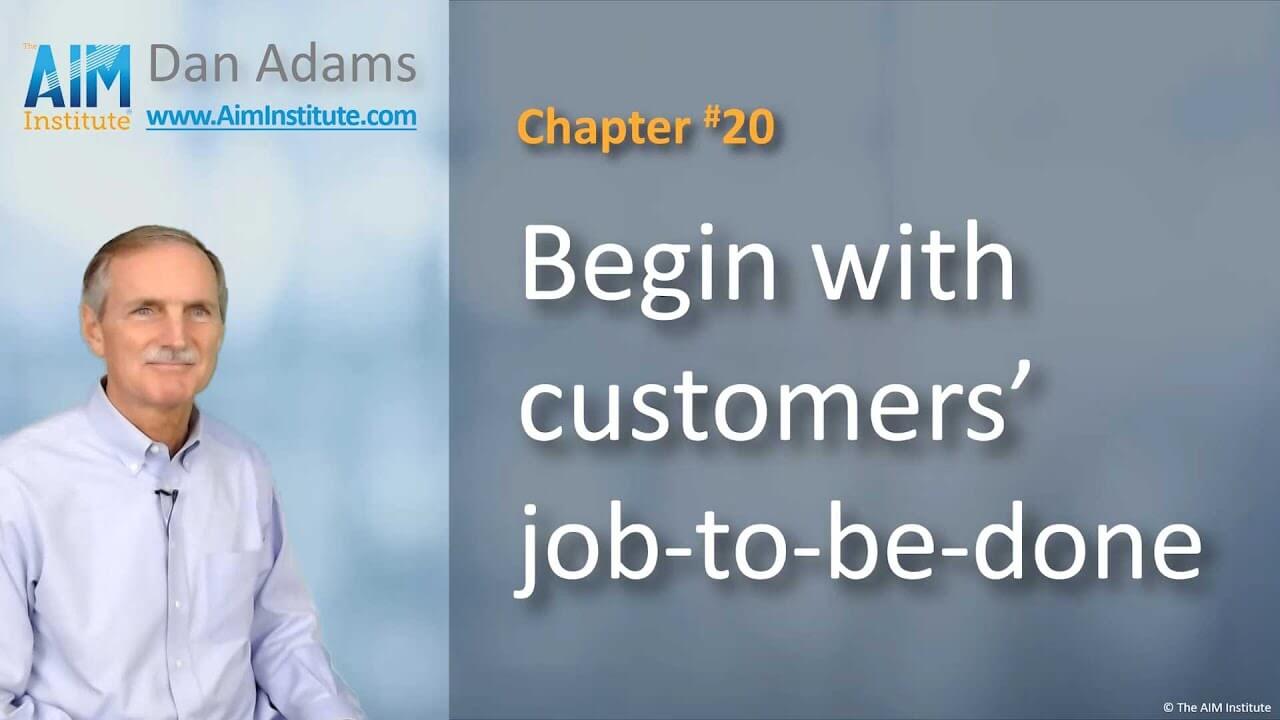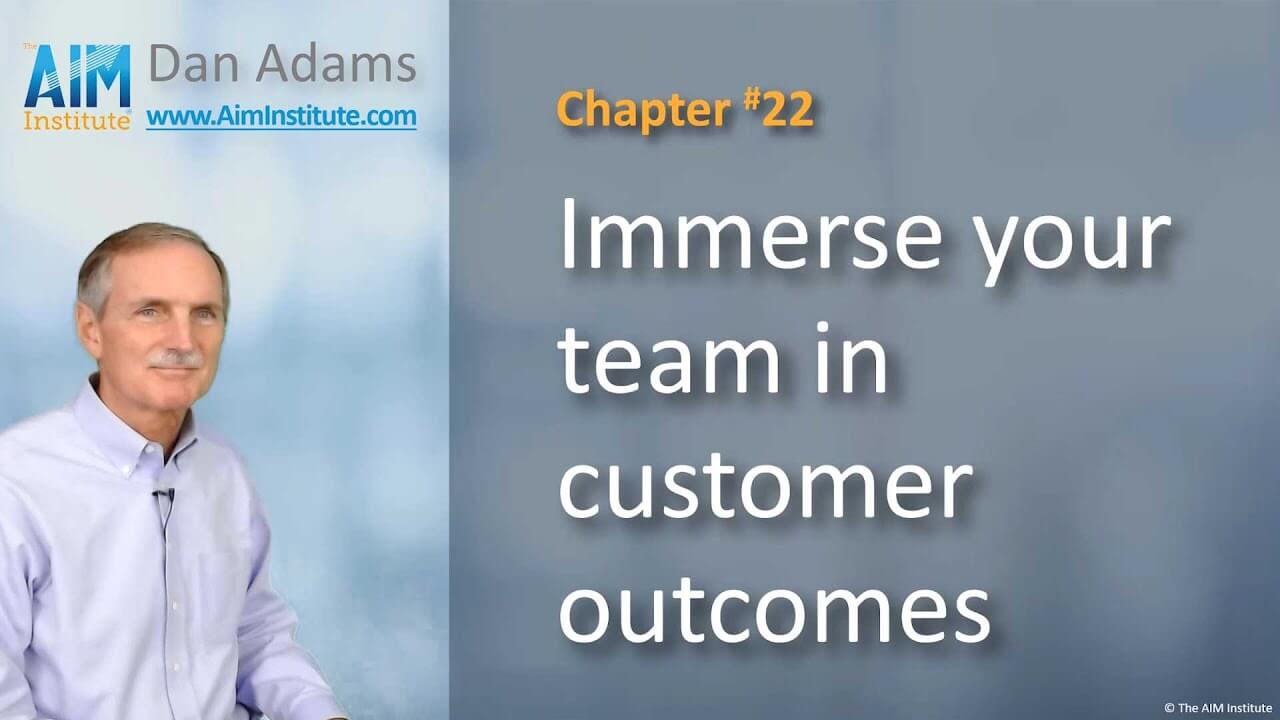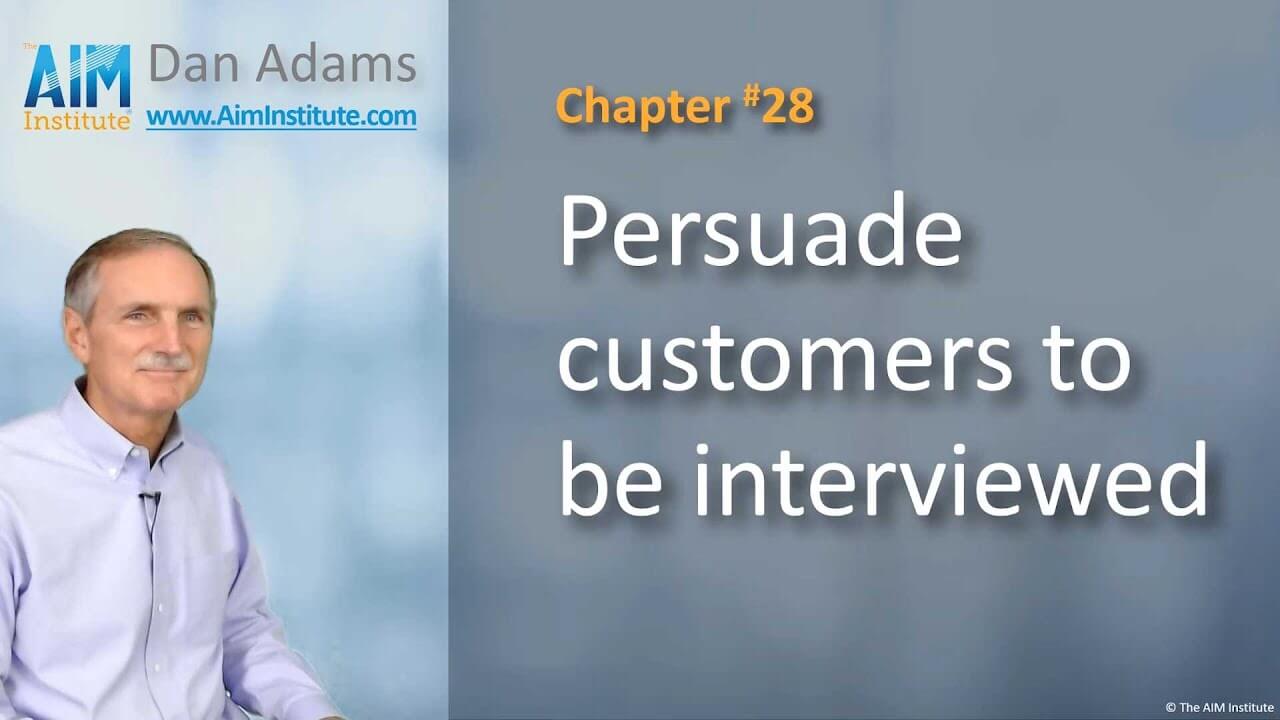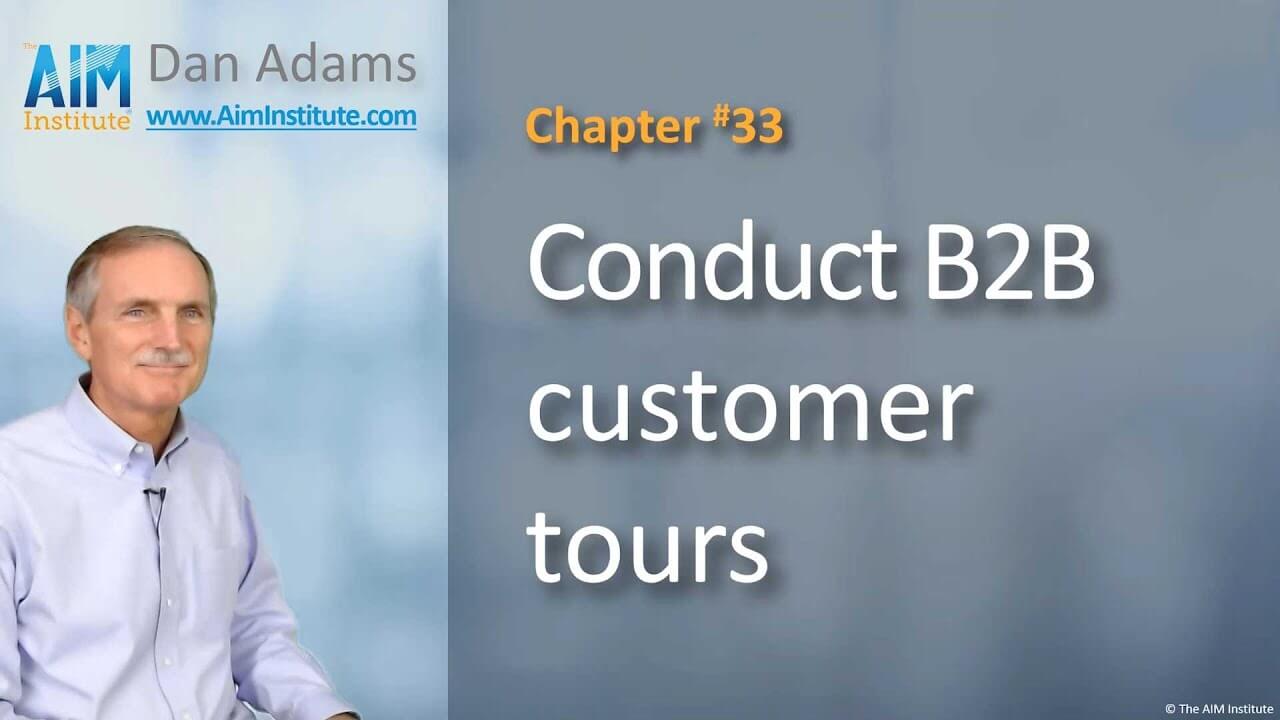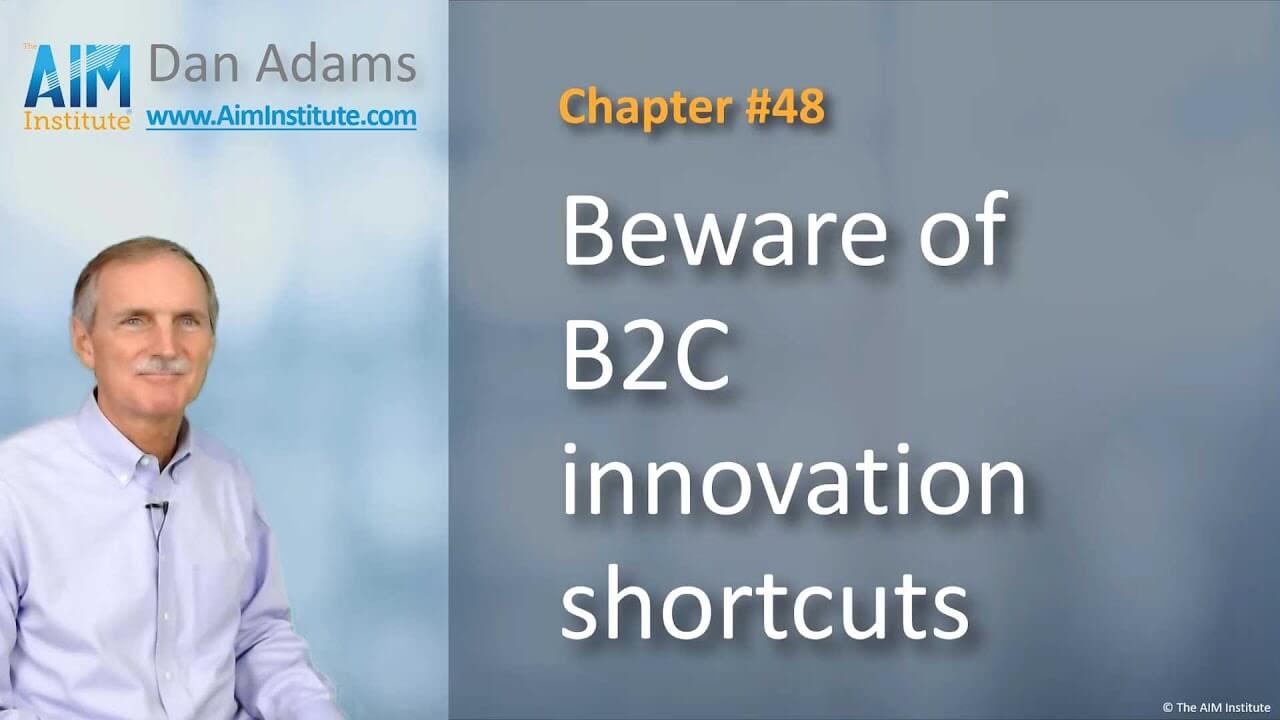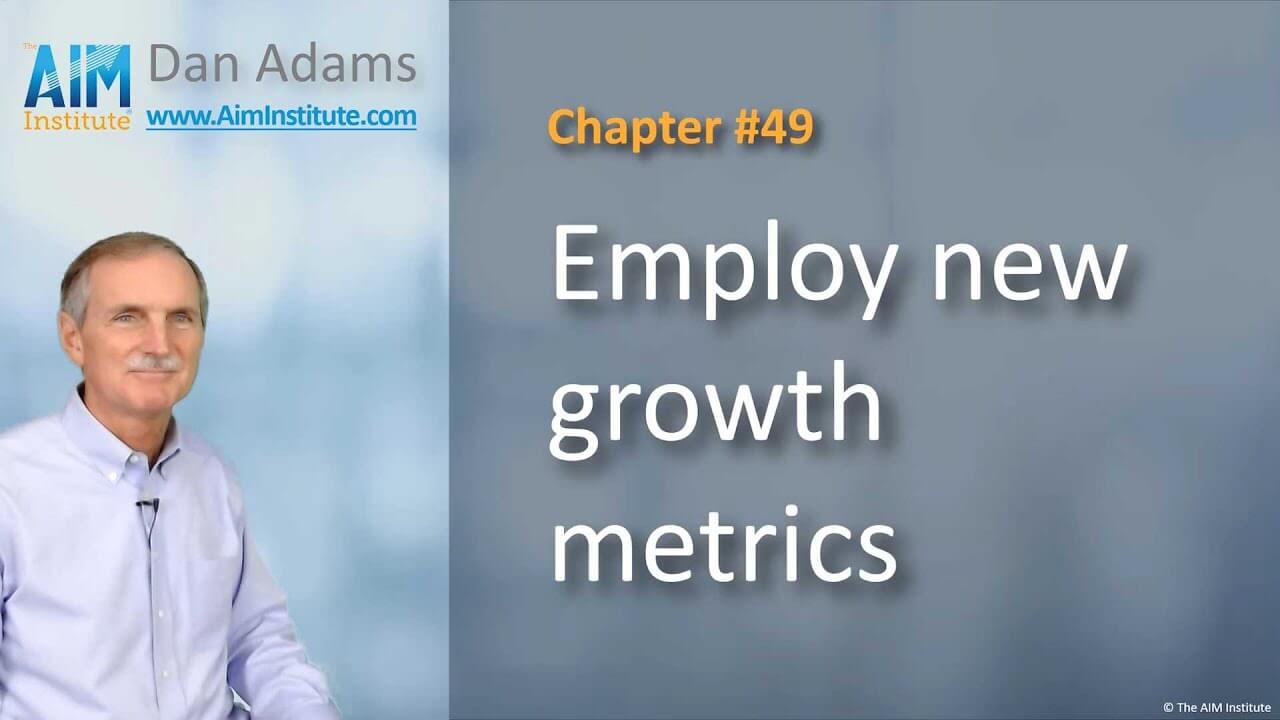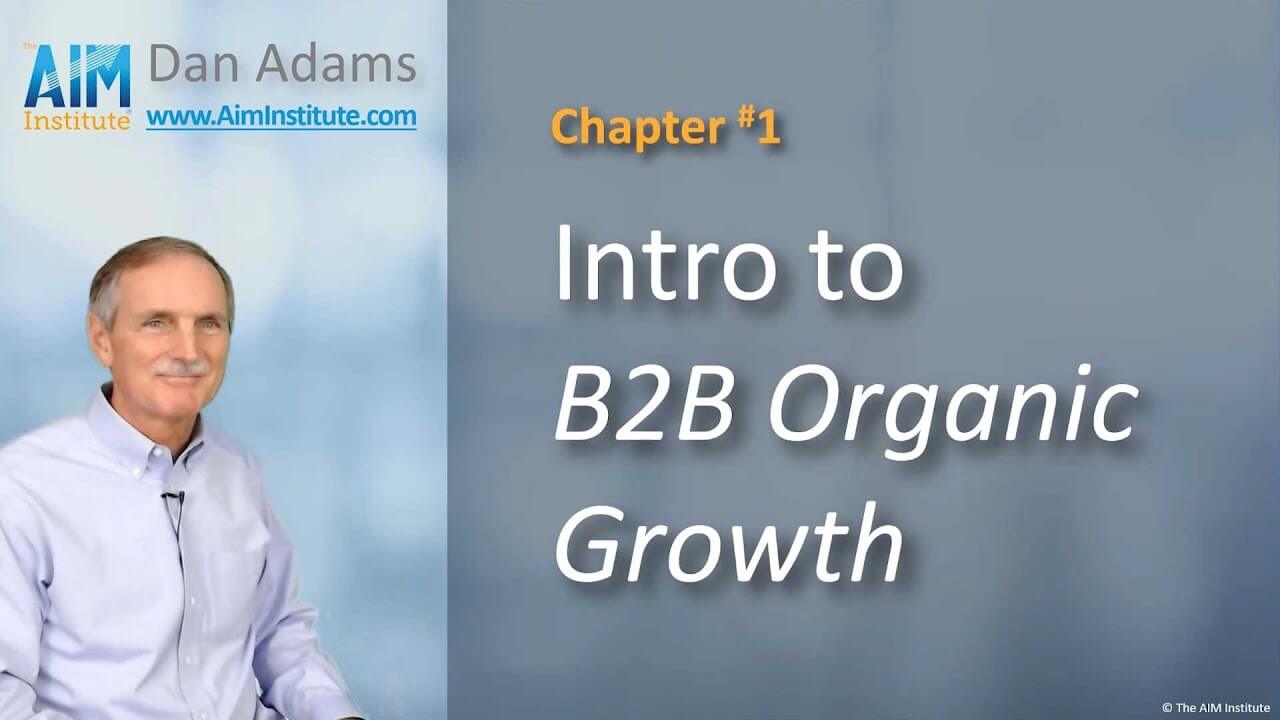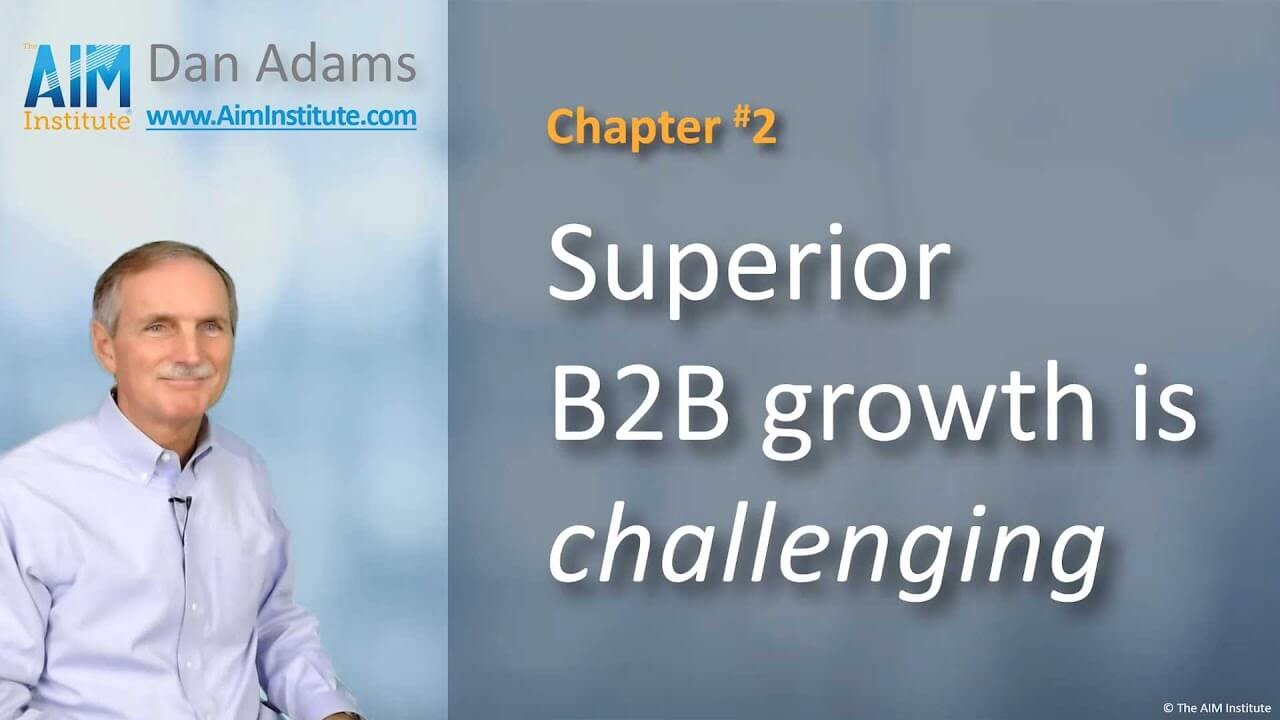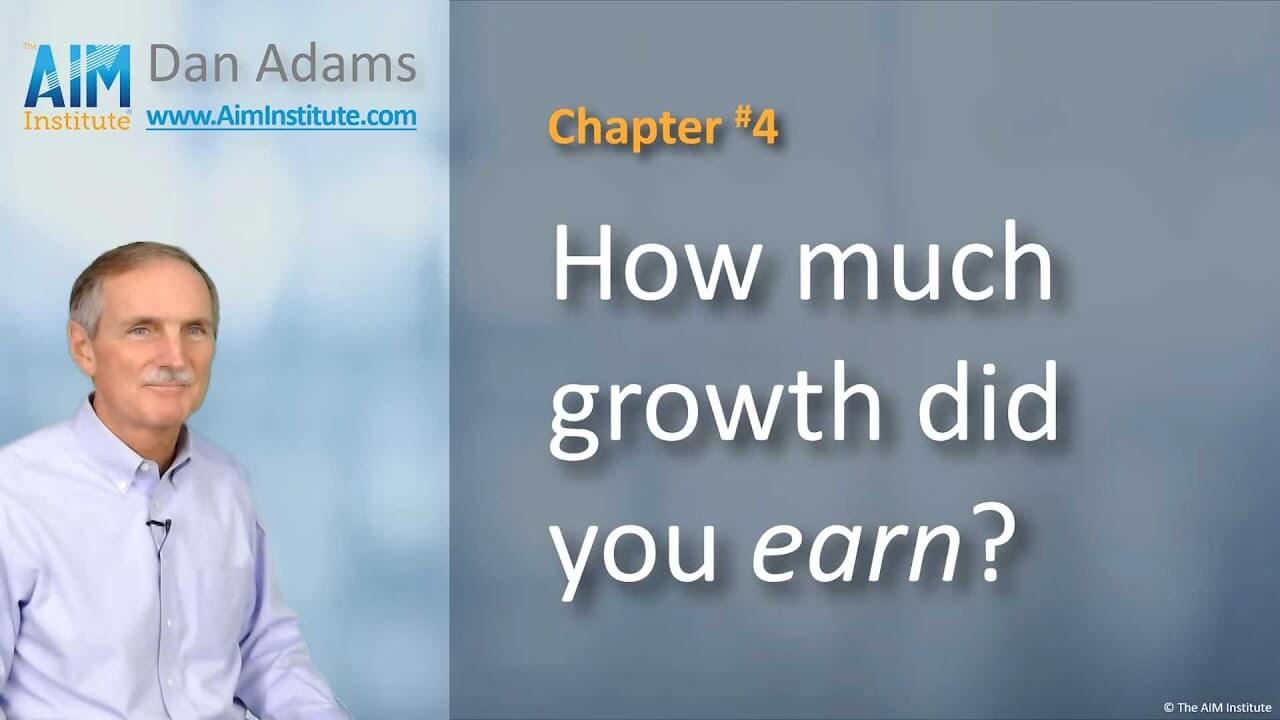“Maximizing shareholder wealth” is a lovely result but a lousy goal. Goals need to be actionable and inspiring. A better goal is, “Understand and meet customer needs better than others.”
What’s the main goal for your business? If it’s “maximize shareholder wealth,” you need to change it. Thought leaders are rejecting it, and Jack Welch even called it the “Dumbest idea in the world.”
It’s a lovely result, but a lousy goal. Your employee’s goals should be actionable and inspiring. Tell me my goal is to raise earnings per share this quarter, and I’m stumped.
But I could do something with this goal: Create customer value… which would deliver profitable organic growth… which would increase shareholder wealth. So let’s focus on the goal we can achieve, not the result of that goal.
Let me suggest this goal: “Understand and meet customer needs better than others.” In future chapters, we’ll talk about the linkage between creating customer value and profitable organic growth. But for now, let’s see why profitable organic growth is the key to shareholder wealth.
Imagine your company has a P/E ratio of 20. What drives the value of your company? Only 5% comes from your performance this year. The rest—95%—comes from the market’s expectations of your future growth.
For example, say this year’s earnings were 1 Billion. Why did the market value your company at 20 Billion? Where’s the rest of the 20 billion come from? Their expectations of the future. So maybe you should spend 95% of your time here, demonstrating that your future growth will be rapid, profitable and sustainable.
Sadly, most management teams fixate on this year’s results. You say your investors won’t let you think past this year? What about companies like Amazon… that went 7 years before turning a profit? As Warren Buffet said, “Companies obtain the shareholder constituency that they seek and deserve.”
In the next chapter, we’ll look at the goal of market-facing innovation, and why you should make this your goal.



